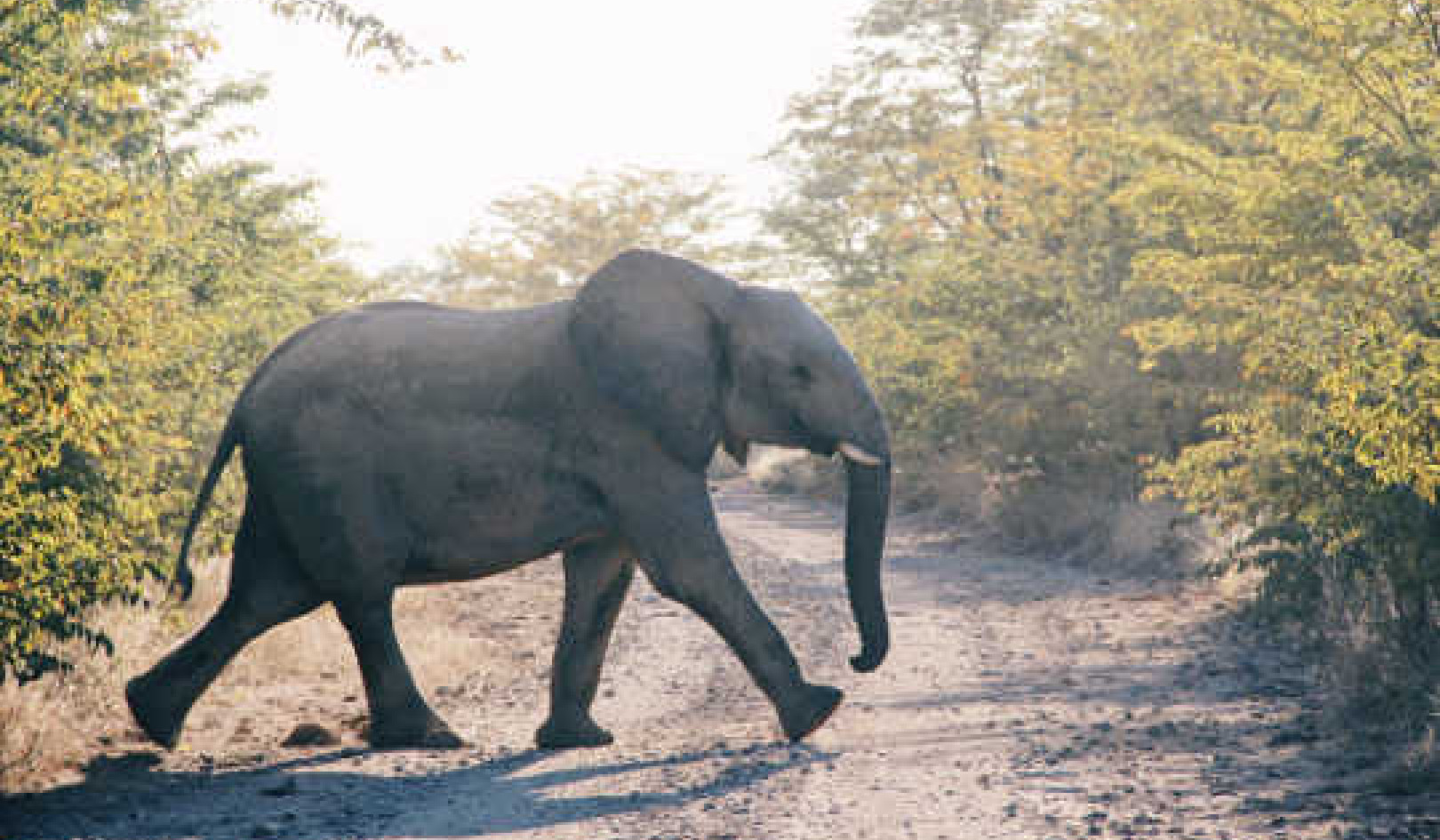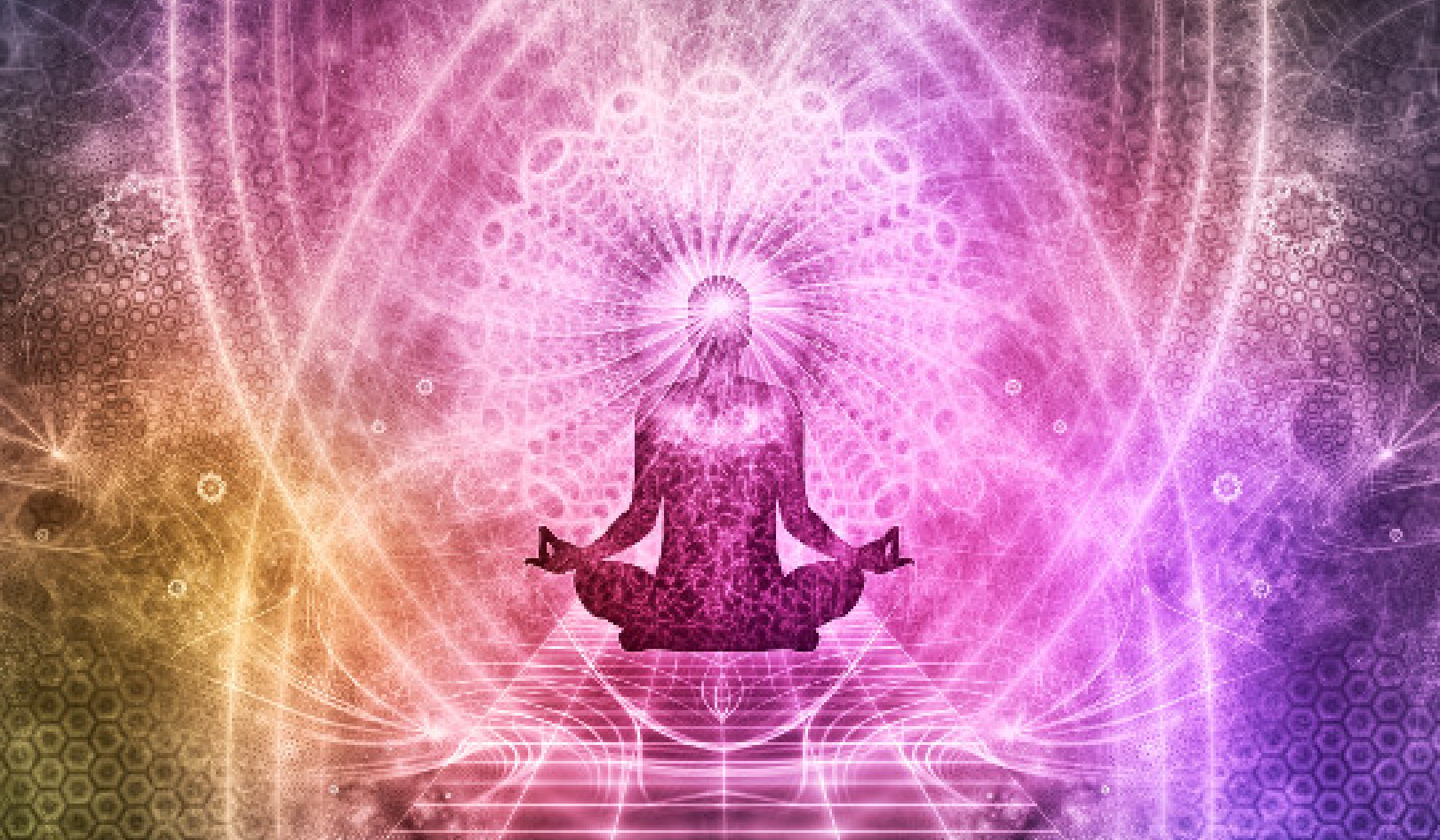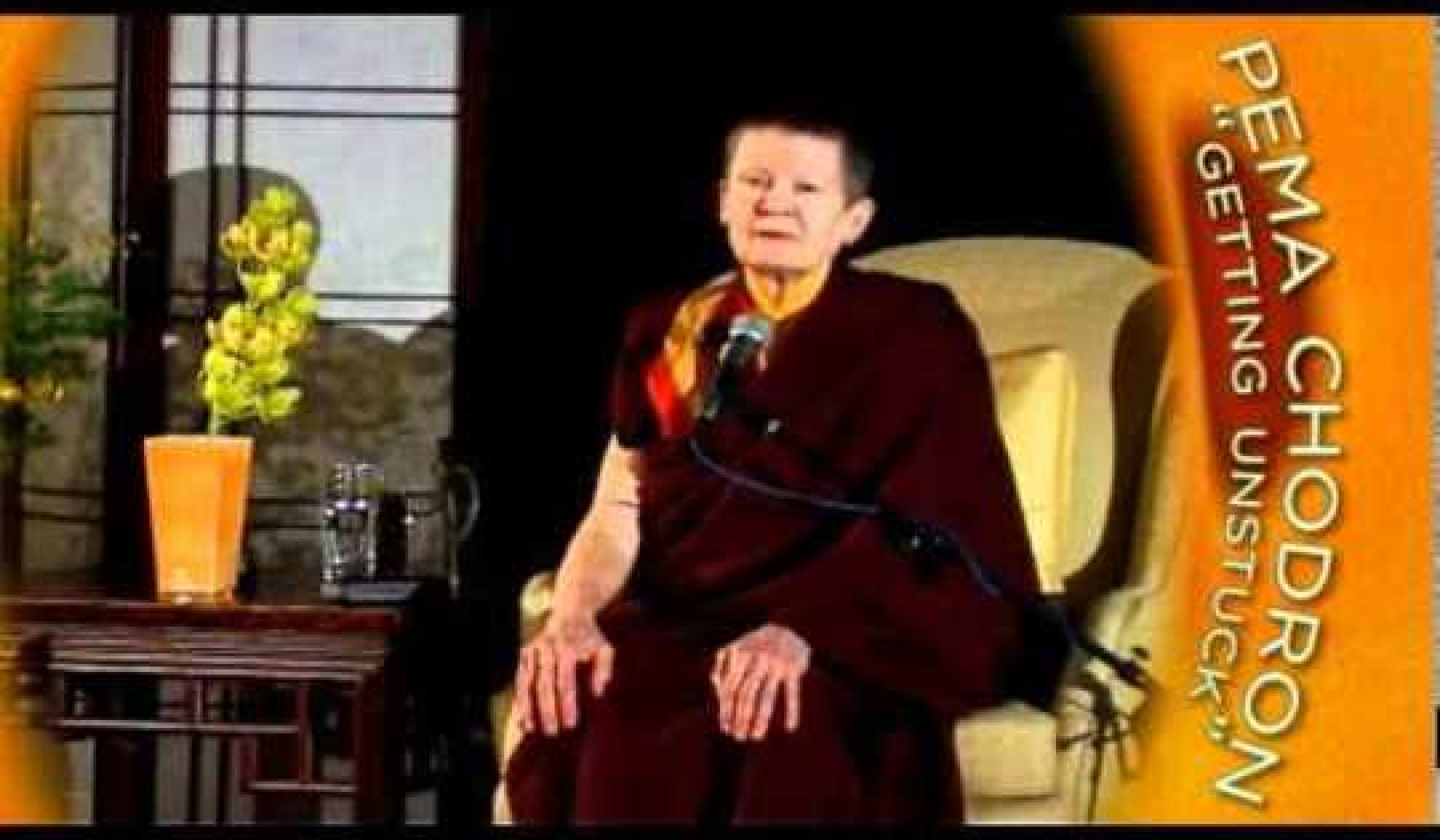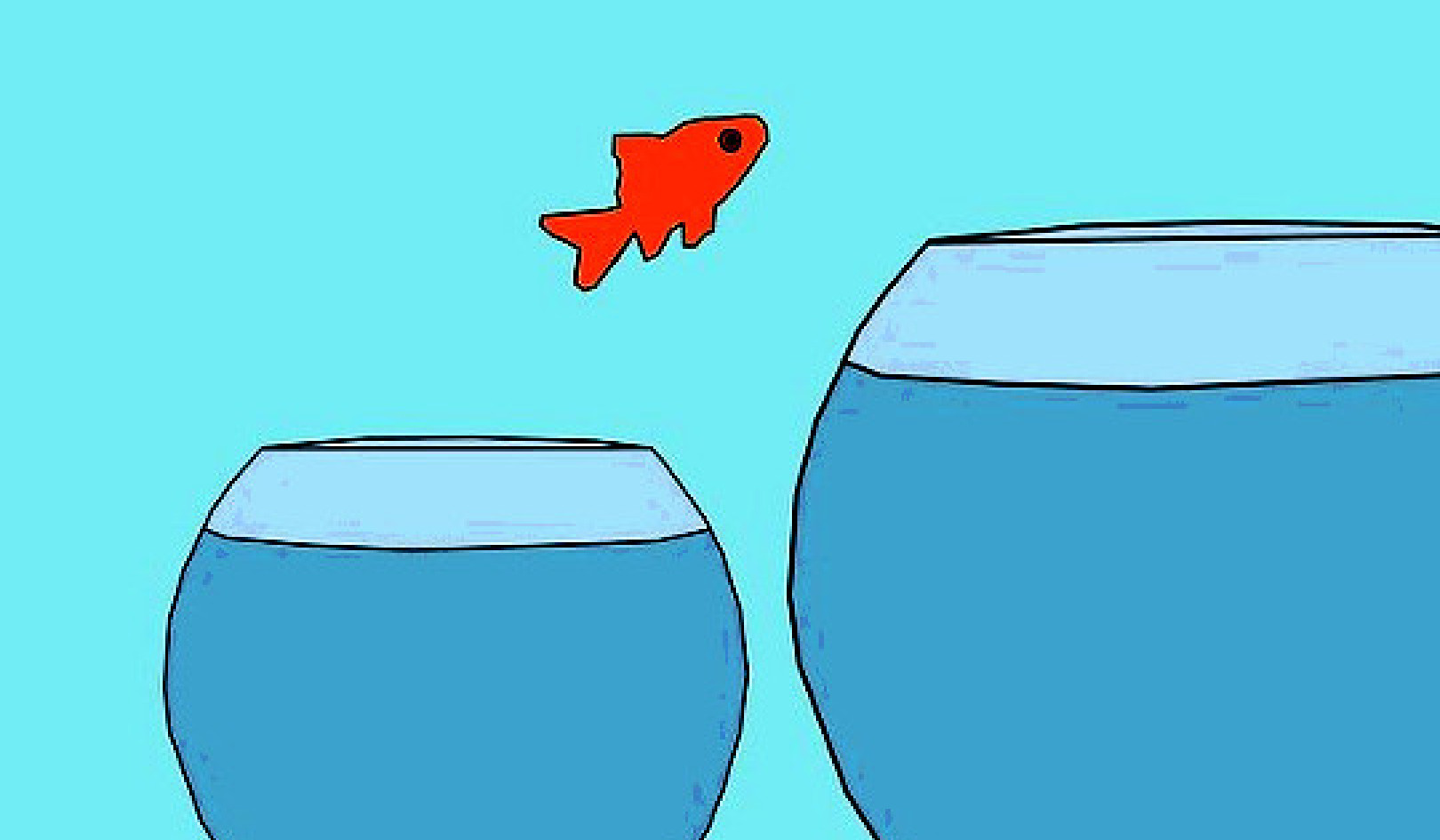
Erol is a proud, driven, successful man. He was raised in a lower middle-class family, and success was of primary importance to his parents and to him -- more than anything else. Consequently, his work became increasingly important to him. Erol enjoyed the acclaim and power he gained on the job.
As his son and his daughter entered their teen years, Erol found it more comfortable to retreat into his work than to deal with his energetic teenage children. Evelyn, Erol's wife, took on more and more responsibilities for rearing and disciplining the children as Erol spent ever-longer hours at work. Rumor had it that he might have been getting too close to one of the younger women work associates.
Evelyn pleaded repeatedly for Erol to take more interest in their children and in their marriage, but to no avail. The harder she tried, the more he thought of her as a nag, and retreated deeper into his financially-rewarding work. His son, at age 14, started doing drugs. His daughter got pregnant when she was 16 and had an abortion. Evelyn became depressed and sought psychiatric treatment. Finally, she filed divorce papers, and asked Erol to move out. Two weeks later, Erol had a major heart attack.
While Erol was in cardiac rehab, his cardiologist insisted he see someone for psychotherapy. In his therapy, Erol explored the consequences of his choice to pursue professional growth at the expense of his personal life and relationships. He admitted there were many possibilities in life he had not taken time to cultivate. He recognized that his parents' distress at their very modest circumstances had contributed to the high value they placed on material success. He remembered how his father's sense of failure as a provider and his hopes that Erol would have a financially more rewarding life had driven him since he was in high school.
As Erol learned more about his father's childhood and youth, he saw that his father's parents had worked hard but had always lived hand-to-mouth. His relentless success drive, he realized, was part of a family pattern extending back at least two generations.
Seeking Balance
Like many women of her generation, Evelyn came from a middle-class family where her father was the wage earner and mother, the homemaker. Evelyn's parents had met in college and married soon after graduation. Although Evelyn's mother had a fine college education, she worked only a couple of years after marriage. When her first child was born, she quit work. From then on, she devoted her energies to child rearing, homemaking, and, when her children got older, she volunteered her services in her church and community.
Evelyn did not want a life like the one her mother had. She recognized that her mother felt she had missed out on some areas of personal growth that a job outside the home, commensurate with her education, would have offered.
Evelyn had often felt the sting of her mother's ambivalent comments about Evelyn's attempt to balance family and job. On the one hand, her mother was proud of Evelyn as a mother, wife, and working woman; but on the other, she criticized Evelyn for not being involved in church and community work as she had been, and hinted that some of the distress in Evelyn's marriage was the consequence of not being the kind of wife that Erol needed and deserved. About a year before she filed the divorce papers, Evelyn had entered psychotherapy to deal with her increasing depression.
After several months' hard work in individual psychotherapy, Erol asked Evelyn if she would be willing to go with him to a marriage counselor. He told her he had learned a lot about himself. He wanted to work with her on rebuilding their marriage.
Unintended Consequences
In our clinical practice, we have seen many women and men like Evelyn and Erol who feel they have to make choices that lead to results they hadn't intended. As they discover more about their attitudes and values, they often identify family habits and patterns that had influenced them much more than they had realized.
Of course, your ancestors can and do leave behavioral and attitudinal legacies that help you actualize your innate potentials. But it is in the nature of our work as psychotherapists and psychoanalysts that, initially at least, our clients seek help with their immediate problems and struggles.
As part of our work with our clients, however, we attempt to help them gain a differentiated view of their parents, grandparents, and other forebears. Mingled with ancestral legacies we discover blessings as well as curses. You can take a major step toward maturing when you can see and accept both the good and the bad in other important people in your life and lineage.
Life is a series of choices. Choices lead to actions. Actions carry consequences. Action plus consequence is what we call karma. The results of many of our actions affect not only us, but others as well.
The consequences of many of our grandparents' and our parents' actions reverberate in our lives today. In this book [article] we will use the term "karma" to refer to our ancestors' and our own actions and the consequences that necessarily follow. A lot of karma spans three or more generations. That is why we call it "family karma."
MEANS AND ENDS
When you choose a course of action, you have in mind some desired end or goal. You base your action on the information you perceive to be relevant to your chosen goal. Your goal appears to be some improvement, some enhancement in your life, some valued outcome.
Whether or not your actions attain the desired results may be another question. Like wonder drugs that combat a specific illness but can have undesirable side effects, your actions can also have unintended consequences. Be that as it may, karma -- choice, action, and consequence -- is embedded in an interactive matrix of perceptions and values.
Moreover, every sequence of perception and value-based, goal-oriented action creates an outcome that is itself a situation, resembling or differing from the earlier situation in which you took action. Thus, you can see how your life is an unending cycle of actions and outcomes, all based on what you value and what you perceive.
At one level, nobody questions this truth: If you kick a dog, it will yelp. If you treat people badly, you can expect them to respond in kind. But karma operates at many levels, and the consequences do not always immediately follow your actions.
Karma can pass down through a family from generation to generation. That is to say, one generation after another may repeat a pattern of actions and suffer or enjoy the inevitable consequences that follow those actions. Indeed, we are responsible for much of our karma, but we can also inherit karma from our ancestors or from a past life.
THREE SOURCES OF KARMA
In our clinical experience working with hundreds of patients, we have found three sources of karma that each of us must address in order to reach our fullest and highest soul potential: individual, family, and past-life karma.
Personal Karma
First, you must retire the karma you have generated in your present life. This is your personal karma.
As you recognize conditions and situations you have created that are uncomfortable, that do not serve you well, that cause you distress, you must take the steps necessary to change those conditions and situations. Perhaps you find yourself in a line of work that does not really suit you. Maybe you have become obsessed in an activity, a cause, a relationship. You may have hurt others and only you can alleviate that pain through sincere words and actions.
Whatever it is, wherever you see the undesirable fruits of your actions, it is up to you to retire your karma by taking remedial actions that will lead to more desirable outcomes.
Jim is a recently retired businessman who had just sold his very successful company. He had amassed a large sum of money, and had hoped to enjoy life with his wife, children, grandchildren, and friends. In his heyday, he had been a ruthless entrepreneur who was focused on his work at the expense of all other aspects of his life. His wife -- though loving and committed -- had found other interests and friendships to fill the void that Jim's absence had created. His children had married and moved to the opposite coasts of the U.S. Jim really had no friends. At age 59, with his stash of money, good health, and a long life expectancy, Jim was the most lonely man on this planet. He was all dressed up with nowhere to go. At this point, he called to make an appointment for psychotherapy. He was caught in his own karmic trap.
We make choices in the pursuit of wealth, relationships, power, success, or other goals that often result in our neglecting some other possibilities and innate potentials that do not fit neatly in our chosen success program. Both what we have devoted our energies to and what we have neglected generate our individual karma. In realizing that what we attain often amounts to less than we had envisioned, we can harvest important insights. It is often in the margins of life that we discover the path to the center. We find the gold in the garbage.
Individual karma is our responsibility: we set it in motion; we pay the price. For example, consider the person who has no friends. This person might bewail his or her fate; might blame others; might become cynical, bitter, and morose. But what does it take to make friends? Friendship develops as we cultivate it with someone through openness, concern, shared interests, honesty, and enjoyment of each other. To cultivate a friendship, we must take the initiative part of the time. We must listen to our friend, as well as need our friend to listen to us. Friendship is a two-way street. The person who has no friends has not, for whatever reason, developed the necessary skills of mutuality. The consequence is lack of friends. Have we not heard people say of a lonely, grumpy person, "He brought it on himself"?
Family Karma
Second, you have to work on the karma of your family -- parents, grandparents, and other forebearers -- to free your soul from their unintended karma. Perhaps you are fulfilling the ambition of a grandparent rather than your own.
It sometimes happens that you deal with situations in "family-typical" ways that you later recognize do not suit you, that may even be contrary to what you deep-down feel is authentically your way. Or you might engage in behaviors that you consciously recognize as self-defeating but that you feel powerless to overcome.
Many of our patients have experienced great relief when they have been able to trace such patterns in their lives to their ancestors who had similar patterns, attitudes, complexes, illnesses, relationship styles, and so forth. But you cannot change what you haven't identified. Recognizing the blessings and curses of your ancestors -- your family karma -- is the first step and often a revelation.
It may seem weird that we bear the consequences of what our ancestors did. Obviously, if they immigrated to the U.S., we were not born in the country of their birth. If they made it big and set up a trust fund for us, we benefit from it now. But our ancestors made other choices and took other actions that established patterns or energy fields that may continue to affect our thoughts, emotions, choices, and behaviors.
The idea underlying the concept of family karma is that the choices we make affect our children and possibly our grandchildren as well as us. Vice-versa, our parents', grandparents', and sometimes other ancestors' choices likewise carry consequences with which we still have to deal -- as curses or blessings. We are the bearers of an ancestral karma that we must manage, either by retiring the curse or by enhancing the blessing.
Each generation must carry forward the evolutionary trajectory of the family line, making the best use of the ancestral blessings and dissolving the ancestral curses. As long as we are unaware of ancestral patterns, we cannot modify their influence on us. In other words, we are unconscious of a lot of family karma. To put it more precisely: much family karma operates outside our awareness from the psychic unknown, unconsciously.
The Karma of Adopted Children
Mutual friends of ours have an adopted daughter who experienced difficulties as a teenager and young adult. Our friends wracked their brains trying to understand why their adopted child was dealing with her difficulties in such self-destructive ways. "What did we do wrong?" they asked themselves, typically trying to take responsibility.
Yet, regardless how often they searched their souls, they could find no satisfactory explanation for their daughter's destructive attempts to manage her distress. In the course of their suffering, the adopted daughter located her birth parents. To everybody's surprise, her birth mother had resorted to the same dysfunctional coping strategies by abusing drugs when her life problems threatened to overwhelm her.
Although the daughter had been adopted shortly after birth, and consequently had not learned these coping mechanisms from her birth mother, under stress she resorted to the same means that her mother had chosen! Since this was not a learned behavior, the only satisfactory explanation was family karma.
Past-Life Karma
Third, you have to retire the karma generated in previous lives, your past-life karma. In the last few years, researchers have compiled persuasive evidence that supports the idea of past lives and karma deriving from them.
For some people, past lives are an article of belief; for other people, the idea of past lives is nonsense. But if the empirical evidence so far accumulated continues to be supported by future research, more people will have to take the possibility of past life karma seriously.
When you realize that your life is encumbered by the results of your and other peoples' choices, or the residue from a past life, you can begin to make different choices that heal wounds, right wrongs, and -- we hope -- lead you to experience a fuller reality in which you live with greater integrity and authenticity.
For the Western reader, past lives may be a very speculative hypothesis. However, we have found in working with individual patients that even after their individual and family karma is retired, often there persists a residue of karma we cannot explain on the basis of these two frame-works. Such karma may be the residue from a past life.
Testimony to Past-Life Experience
Up until young adulthood, I (Boris Matthews) had a persistent fantasy that I finally began to understand as possibly deriving from a past life. The fantasy was that if people knew what I was feeling and thinking, they would pry paving stones up from the street and hurl them at me. I had never lived where there were cobblestone streets, nor had other children ever thrown stones at me.
It took me a long time to begin to question the absoluteness of the fantasy. Only when I experimented by telling "safe" people some of my fears of being stoned on the street did I begin to discover that they did not "throw stones" at me. Gradually, I began to see that what I had taken for a certainty was in fact a belief the origin of which I could not pinpoint, except to hypothesize that it might have come from an actual experience in some past life.
Many years have now passed since I last experienced that fantasy. Since then, I have come to feel much more safe and secure in the world as I have let other people into my "interior" world and discovered that most of them have no intention of hurting me. In fact, some of them even like me!
Professor Ian Stevenson has conducted meticulous studies of more than 3,000 cases of possible reincarnation, reporting only those that meet his high research standards. For example, children between the ages of 2 and 5 years sometimes exhibit phobias that do not derive from imitating another member of the family or from any postnatal traumatic experiences. "The phobias nearly always corresponded to the mode of death in the life of the deceased person the child claimed to remember."'
Play that is unusual for the child's family, for which the child had no model, also sometimes can be traced to a past life. "The play accorded with claimed memories of previous lives expressed by the children when they could speak. . . . In 22 cases [of 66 cases of unusual play] the child's statement were found to match events in the life of a specific deceased person. In such cases the play was found to correspond to some aspects of that deceased person's life, such as his or her vocation, avocation, or mode of death."
Birthmarks and birth defects sometimes correspond to wounds on deceased persons. "About 35% of children who claim to remember previous lives have birthmarks and/or birth defects that they . . . attribute to wounds on a person whose life the child remembers." Of 49 cases in which a medical report on the deceased person was available, 43 showed correspondences between birthmarks and/or birth defects and the wounds of the deceased.
In a study from India, the correspondences between birthmarks or birth defects corresponded to the matching wounds on the deceased person. "Two subjects had major birth defects. One was born without his right hand and right forearm; another had a severe malformation of the spine (kyphosis) and prominent birthmark on the head. The remaining eight subjects had birth-marks corresponding to gunshot wounds, knife wounds, burns, and injuries in a vehicular accident. . . . The hypothesis of reincarnation seems best to explain all features of cases."
As researchers and clinicians investigate this fascinating subject further, we may get better guidelines for understanding and managing past life karma. But for now, we hold this out as a hypothesis and a hope for deeper understanding of human suffering and the evolution of the soul. Regardless where our karma comes -- personal, family, or past life -- we have to retire it, now or later.
Reprinted with permission of the publisher,
Nicholas-Hays Inc. ©2003.
http://www.redwheelweiser.com
Article Source:
Retire Your Family Karma: Decode Your Family Pattern and Find Your Soul Path
by Ashok Bedi, M.D. & Boris Matthews, Ph.D.
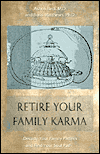 We reap what we sow, but we also reap what others before us have sown. If we do this unconsciously, we find ourselves victims of unfortunate circumstances, but if we are conscious of what we have taken on from our family legacy, we can turn it around. Doctors Bedi and Matthews have worked with people who have carried the burden of their families' best achievements, worst failures, and unrealized dreams. With their experience, we learn to recognize our karmic inheritance and settle our family's karmic accounts so we can redirect our energies in accord with our own true path and passion, our soul's calling.
We reap what we sow, but we also reap what others before us have sown. If we do this unconsciously, we find ourselves victims of unfortunate circumstances, but if we are conscious of what we have taken on from our family legacy, we can turn it around. Doctors Bedi and Matthews have worked with people who have carried the burden of their families' best achievements, worst failures, and unrealized dreams. With their experience, we learn to recognize our karmic inheritance and settle our family's karmic accounts so we can redirect our energies in accord with our own true path and passion, our soul's calling.
Click here for more info and to order this paperback book and/or download the Kindle edition.
More Books by Ashok Bedi and More Books by Boris Matthews
About the Authors
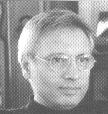 ASHOK BEDI, M.D. is a certified Jungian psychoanalyst and a distinguished Fellow of the American Psychiatric Association. He is a clinical professor of psychiatry in Milwaukee, and on the faculty at the C. G. Jung Institute of Chicago. He has practiced psychiatry and psychotherapy in Milwaukee for over 25 years and given workshops and lectures in the U.S., Great Britain, and India.
ASHOK BEDI, M.D. is a certified Jungian psychoanalyst and a distinguished Fellow of the American Psychiatric Association. He is a clinical professor of psychiatry in Milwaukee, and on the faculty at the C. G. Jung Institute of Chicago. He has practiced psychiatry and psychotherapy in Milwaukee for over 25 years and given workshops and lectures in the U.S., Great Britain, and India.
BORIS MATTHEWS, PH.D. has practiced as a clinical social worker and Jungian psychoanalyst in Milwaukee for over 20 years. He served as chairperson for the Analyst Training Program at the C. G. Jung Institute of Chicago and teaches and facilitates therapeutic dream groups. He has translated several important books, including Erich Neumann's The Fear of the Feminine and Hans Dieckman's Complexes: Diagnosis and Therapy in Analytical Psychology.






















